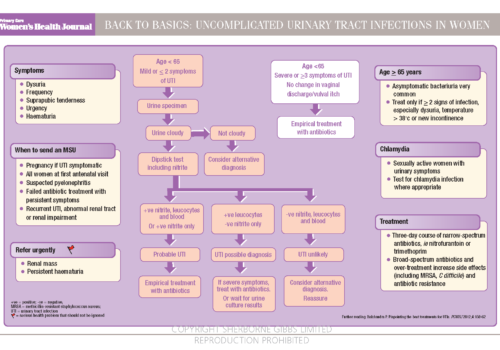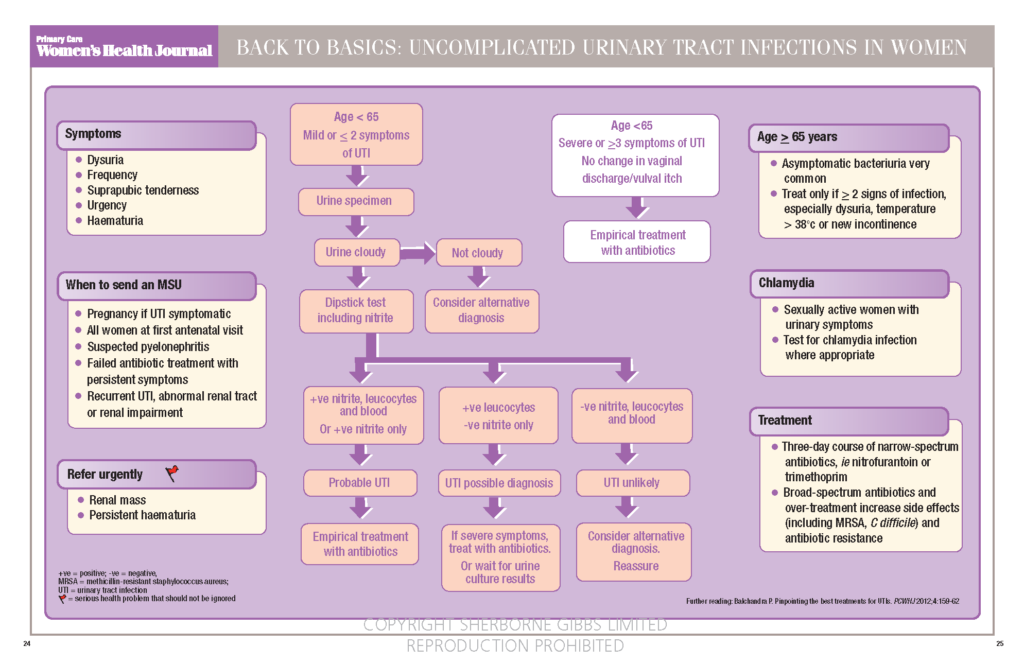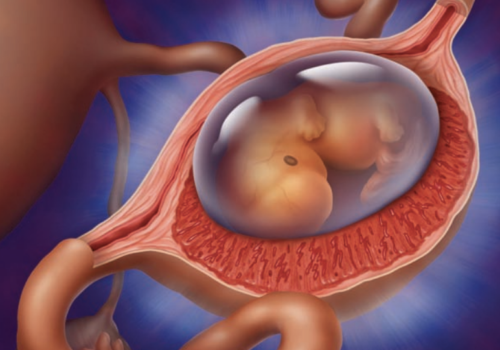
Born still, but still born: Understanding stillbirth
After the second trimester, it is generally assumed that a pregnancy will end with the joy of a newborn baby. But the reality is that each year in the UK, one in every 200 – or around 4,000 – babies die in the third trimester before, or during, labour. This is one of the highest rates of stillbirth among high-income countries, and each death has profound effects on the woman, her family and health services.
Contraceptive choices for women with diabetes
Unplanned pregnancy with poor glycaemic control at conception is associated with major maternal and perinatal complications. However, contraception is used haphazardly by women with diabetes and is often not discussed by diabetes professionals. GPs and practice nurses need to be able to give appropriate advice about contraception to the increasing numbers of women of childbearing age with type 1 and type 2 diabetes.
Female genital mutilation: Time for action
Female genital mutilation (FGM) comprises all procedures involving partial or total removal of the external female genitalia or other injury to the female genital organs for nonmedical reasons. The practice has no known health benefits, is psychologically and physically harmful, and is a violation of human rights. About 70,000 women and girls living in the UK have had some form of FGM, and 20,000 young girls under the age of 15 years are thought to be at risk either in this country or abroad.
Ectopic pregnancy: The new NICE guidelines
Early detection and timely intervention have reduced maternal deaths from ectopic pregnancy, but women continue to die. New guidelines from the National Institute for Health and Clinical Excellence (NICE) aim to ensure that all health professionals are alert to the possibility of ectopic pregnancy and avoid missed opportunities for diagnosis.
Joints, hypermobility and hormones
Joint hypermobility is a common problem, particularly in women, and can cause significant morbidity to a minority of affected patients. In women, hormonal changes during menstruation, pregnancy and menopause can impact on symptoms of joint hypermobility, while manipulation of hormones can have both positive and negative effects for patients.
Current approaches to combination therapy for essential hypertension: The rationale for combined calcium channel blockade and beta-blockade
Despite the availability of effective therapies, there remains poor awareness, diagnosis and management of hypertension across the globe. Effective treatment requires an understanding of the underlying disease processes involved in hypertension which includes chronic increased sympathetic activity and peripheral resistance rather than focusing simply on blood pressure reduction. The differing pathophysiological response patterns of younger […]
NHS reforms in England: are healthcare professionals ready to commission cardiovascular care?
We undertook a survey to discover whether primary care health professionals felt willing and sufficiently skilled to commission cardiovascular services, and what their support needs might be. Although clinicians were confident in their clinical and communication skills, the vast majority of respondents felt unsure of their skills and knowledge to commission cardiovascular care and believed they would need specialist advice to help them. There was a strong desire for training, a feeling of exclusion and a plea for nurses to be involved.
An unusual cause of heart failure
We describe a patient with heart failure, diagnosed from clinical history and examination, and with a raised BNP. Despite treatment, her symptoms progressed. Echocardiography, performed after a six-month delay, showed a large mass. After excision of the mass, an atrial myxoma, the patient recovered rapidly and well.
ECG recording in primary care: is it done correctly?
The ECG is the most commonly performed cardiac investigation but incorrectly recorded ECGs may lead to misdiagnosis. In this study, questionnaires were used to assess the pre-training perceived and actual knowledge of correct ECG recording technique among 54 primary care staff. Training was then performed and, after training, many staff admitted that their previous practice had been incorrect some or all of the time and said that they would change their practice.
Discussing weight status with patients: words and context matter
Although primary care consultations appear to represent an excellent opportunity to discuss a patient’s weight status, GPs may be reluctant to do so. Excess weight can be an extremely sensitive issue and some terms (such as obese and fat) may provoke highly negative emotions. People who are overweight or obese say they would find unsolicited advice off-putting, but would also be more likely to try to lose weight if advised by a health professional than by family or friends.
The numbers expected to be treated (NETT): a way forward in CVD prescribing?
55 years; targeting those at high Framingham CVD risk; and tailoring dose according to risk stratification. By combining price and potency data with our CVD patient risks database, we modelled potential benefit (myocardial infarctions [MIs] prevented), cost and numbers expected to be treated for each strategy.


























